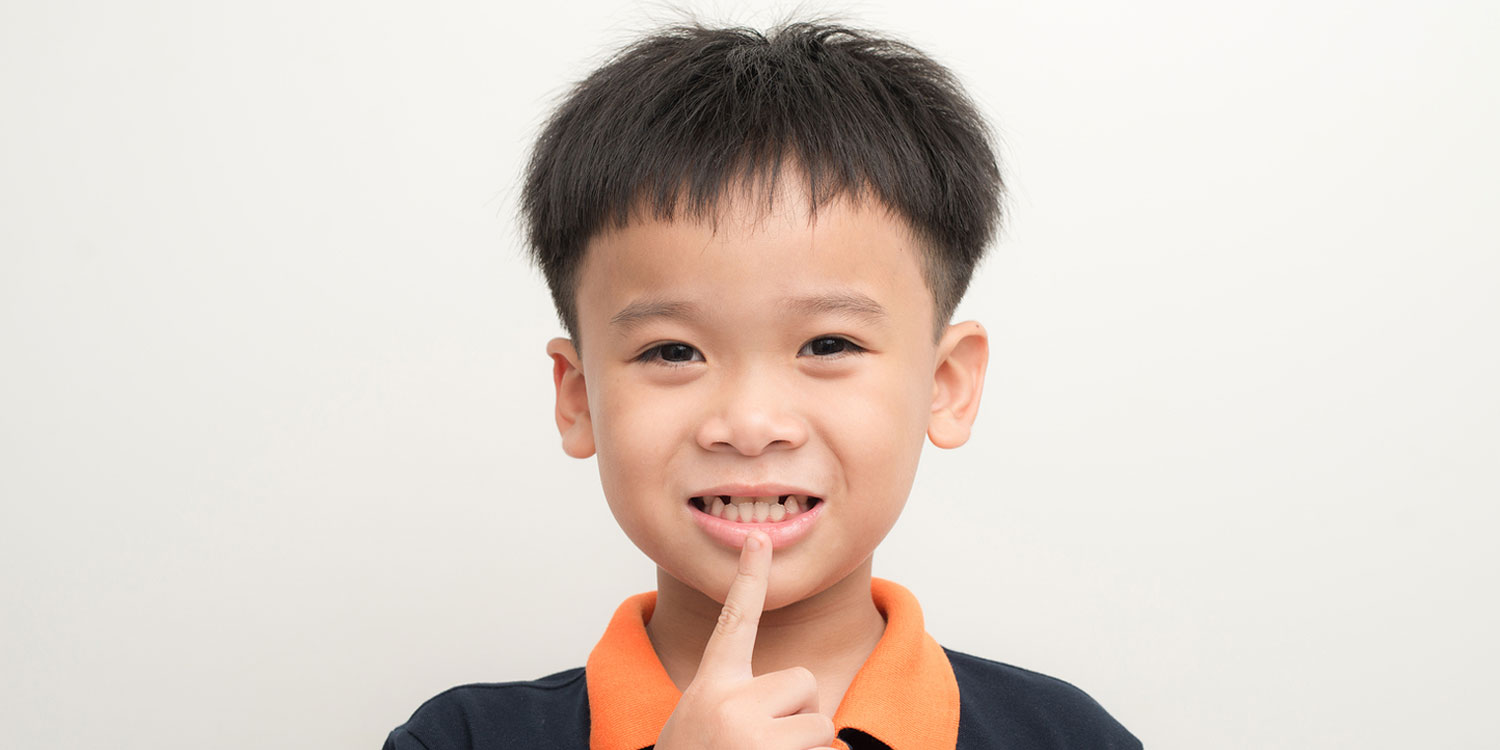Back to School Guide: Losing Teeth at School

You’ve bought the new backpacks, the school books, and pencils; you’ve talked to your child about being attentive in class and playing nice at recess. The day finally comes and you send them on their way, and the last thing your 6-year old says before they leave your arms is “my tooth was loose this morning!” Did your blood pressure just skyrocket?
It Happens!
Most children lose their baby teeth between the ages of 5 and 7, although many that fall earlier or later are still considered normal. Because of this age concentration, most elementary school teachers are more than accustomed to kids losing their teeth during class or recess—so although you can still prepare for the inevitable, don’t lose sleep over it. If your child is close with a particular teacher, he or she may seek them out to show them the loose tooth or to receive praise or comfort for a tooth they’ve recently lost. Talk to your child’s teachers about how they handle these types of situations—more than likely, they’ll already have a well-tested plan in place.
Have “The Talk” with Your Child
If your child has expressed that a tooth is loose, take a few minutes to sit down with them and talk through the process of losing a tooth. In many cases, your kid will have a friend or two who has already been through this facet of growing up. But even if your child has seen the event firsthand, losing a tooth, especially when they’re not at home, can be a surprising and sometimes scary experience. Talk your child through what to do immediately after losing a tooth at school; instruct them to alert nearest teacher and ask for the school nurse. Teachers and school nurses often have extensive training in calming and comforting young students, and can help your child care for their new tooth gap. In many instances, the school nurse will even give your kid a bag or box to bring their tooth home.
Teach Calmness and Reward Progress
The most important thing to remind your child—and yourself—is to remain calm. Just like a trip to the dentist or proper oral hygiene, it can help to reward good behaviors related to dental health. Many parents turn to the Tooth Fairy, leaving a nickel or a quarter under their child’s pillow in exchange for the lost tooth, but less conventional rewards work just as well, such as verbal praise, a trip to the ice cream store, or a special soft snack after school. This lets your child know that the ordeal is nothing to be feared, and helps them associate losing teeth with positive changes in their life. As a parent, remember to stay calm and comfort your child if necessary; many children echo the reactions of their parents, so if you’re freaking out, it’s likely that your child will, too. If you have concerns about your child losing their first tooth away from home, talk to your dentist about how to cope with the event, and get in touch with your child’s teacher so that they can keep you apprised of any lost teeth at school. Remind your child that this is part of their next adventure; their adult teeth are coming in—they’re growing up!
Return to Blog